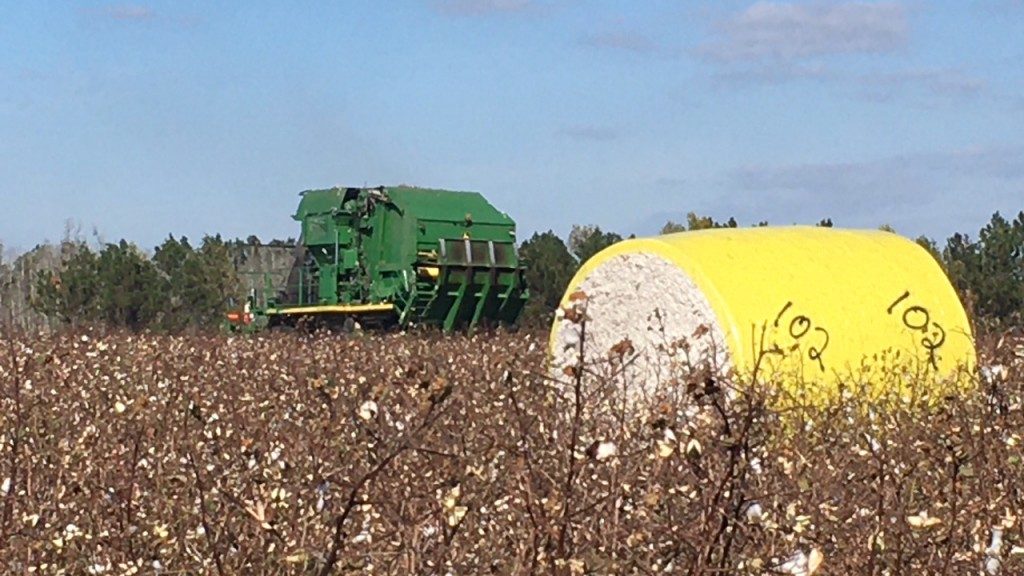It is going to happen to cotton growers sooner or later. Growers are going to have Palmer amaranth escapes and how we deal with them is important and can impact the bottom line.
Starting off clean during planting time is critical when trying to manage glyphosate resistant Palmer amaranth. Situations are going to come up and below are those situations and potential solutions.
Conditions When Herbicide Programs Fail and Potential Solutions To Avoid Failure:
1. Planting into emerged pigweed ensures failure : Ideally kill pigweed prior to strip tilling or planting.
2. PRE herbicides are not activated: Staple/Pyrimax on non-ALS resistant Palmer < 1” or Liberty on Palmer <3”.
3. Heavy rains occur after PRE: The need for more residual quickly is critical as the length of residual control has been shortened; if cotton is struggling from rains, consider Dual or Warrant alone within a few days of emergence .
4. Growers expect residual control from the PRE to last forever: Ideal conditions at planting often result in perfect control for about 2 wks. Your Post 1 applications need to be very timely.
5. Pigweeds are resistant to Roundup + Staple/Pyrimax POST in my field: In the Roundup program, Dual or Warrant must be applied POST and activated prior to Palmer emerging through the PRE treatment.
6. POST applications are late: In a Palmer world, no management program will be effective with late applications. The UGA calendar program is developed based on the biology of Palmer amaranth to assist in timely applications.
This information is from the UGA Programs for Controlling Glyphosate-Resistant Palmer Amaranth in 2015 Cotton circular which is available at
https://gaweed.com/HomepageFiles/2015Palmerhandout-Final%20Dec%2015.pdf
